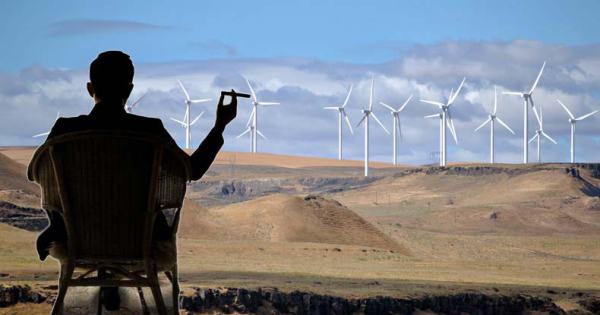
Breaking News
 Outrage Erupts as Released MS-13 Gang Member Kilmar Abrego Garcia...
Outrage Erupts as Released MS-13 Gang Member Kilmar Abrego Garcia...
 The backbone of U.S. capital markets just got the green light to move $100 trillion onchain
The backbone of U.S. capital markets just got the green light to move $100 trillion onchain
 SILVER IS ENTERING A "GENERATIONAL" SQUEEZE.
SILVER IS ENTERING A "GENERATIONAL" SQUEEZE.
Top Tech News
 EngineAI T800: Born to Disrupt! #EngineAI #robotics #newtechnology #newproduct
EngineAI T800: Born to Disrupt! #EngineAI #robotics #newtechnology #newproduct
 This Silicon Anode Breakthrough Could Mark A Turning Point For EV Batteries [Update]
This Silicon Anode Breakthrough Could Mark A Turning Point For EV Batteries [Update]
 Travel gadget promises to dry and iron your clothes – totally hands-free
Travel gadget promises to dry and iron your clothes – totally hands-free
 Perfect Aircrete, Kitchen Ingredients.
Perfect Aircrete, Kitchen Ingredients.
 Futuristic pixel-raising display lets you feel what's onscreen
Futuristic pixel-raising display lets you feel what's onscreen
 Cutting-Edge Facility Generates Pure Water and Hydrogen Fuel from Seawater for Mere Pennies
Cutting-Edge Facility Generates Pure Water and Hydrogen Fuel from Seawater for Mere Pennies
 This tiny dev board is packed with features for ambitious makers
This tiny dev board is packed with features for ambitious makers
 Scientists Discover Gel to Regrow Tooth Enamel
Scientists Discover Gel to Regrow Tooth Enamel
 Vitamin C and Dandelion Root Killing Cancer Cells -- as Former CDC Director Calls for COVID-19...
Vitamin C and Dandelion Root Killing Cancer Cells -- as Former CDC Director Calls for COVID-19...
 Galactic Brain: US firm plans space-based data centers, power grid to challenge China
Galactic Brain: US firm plans space-based data centers, power grid to challenge China
State Now Claims It Owns the Wind -- Taxing Renewable Energy "Out of Existence"

owever, shortly after their ventures began, Wyoming government officials, acting on behalf of fossil fuel interests, moved in for the kill.
The state legislature asked the question, "Who owns the wind?"
Without much debate, the Wyoming legislature quickly determined that the state does.
Unlike any other resource derived from the use of private property, which the property owner maintains from surface ownership, the state of Wyoming claims wind is different.
So, lawmakers decided to tax it. For the last several years, Wyoming has been taxing the power generated by wind turbines at $1 per megawatt.
Do not mistake this tax as part of the regular taxes that already apply to businesses like income tax and employment taxes. No, this is an entirely new tax based solely on the assertion by Wyoming officials that they own the wind.
"Wind is different than anything else. It's not like a mineral, which is something that sits there in the ground until you go after it," says Bob Whitton, chairman of the Renewable Energy Association of Landowners (REAL). "It's not like water that can be put in a lake or pond. The wind blows in and blows out and you can't put it in a pond, pipeline, truck or train and send it somewhere."

 This is not a bubble.
This is not a bubble.


